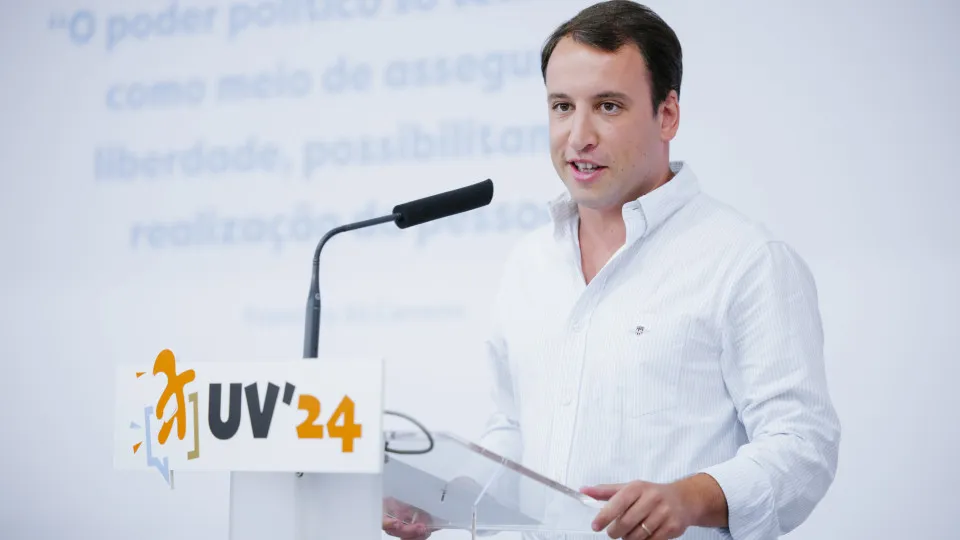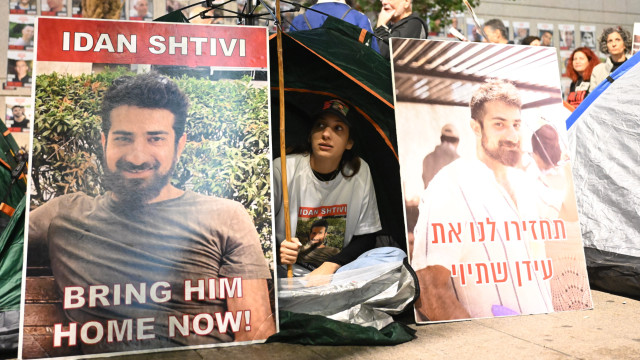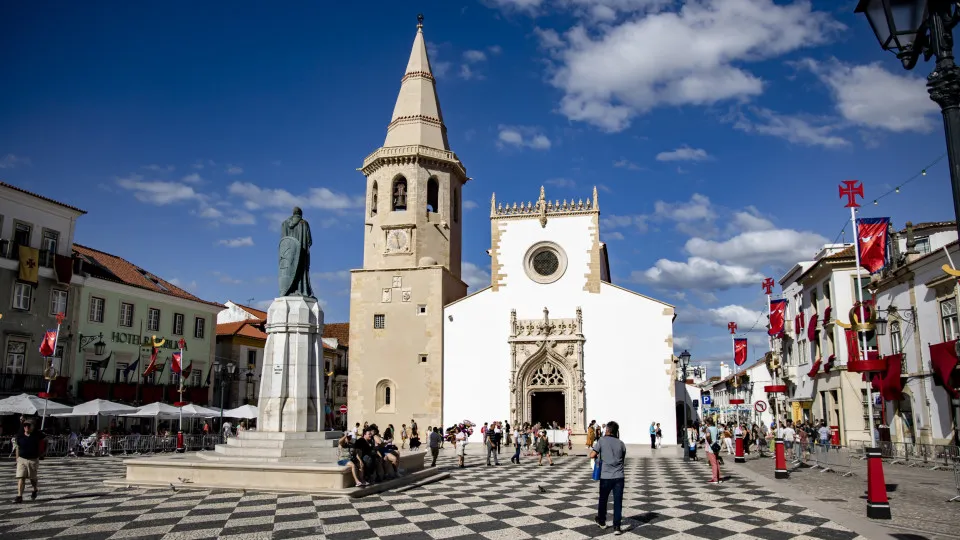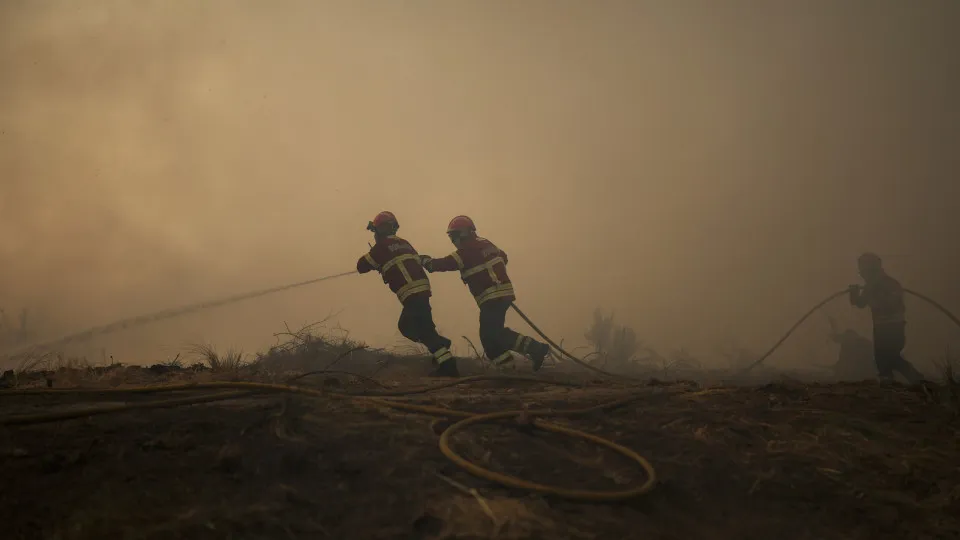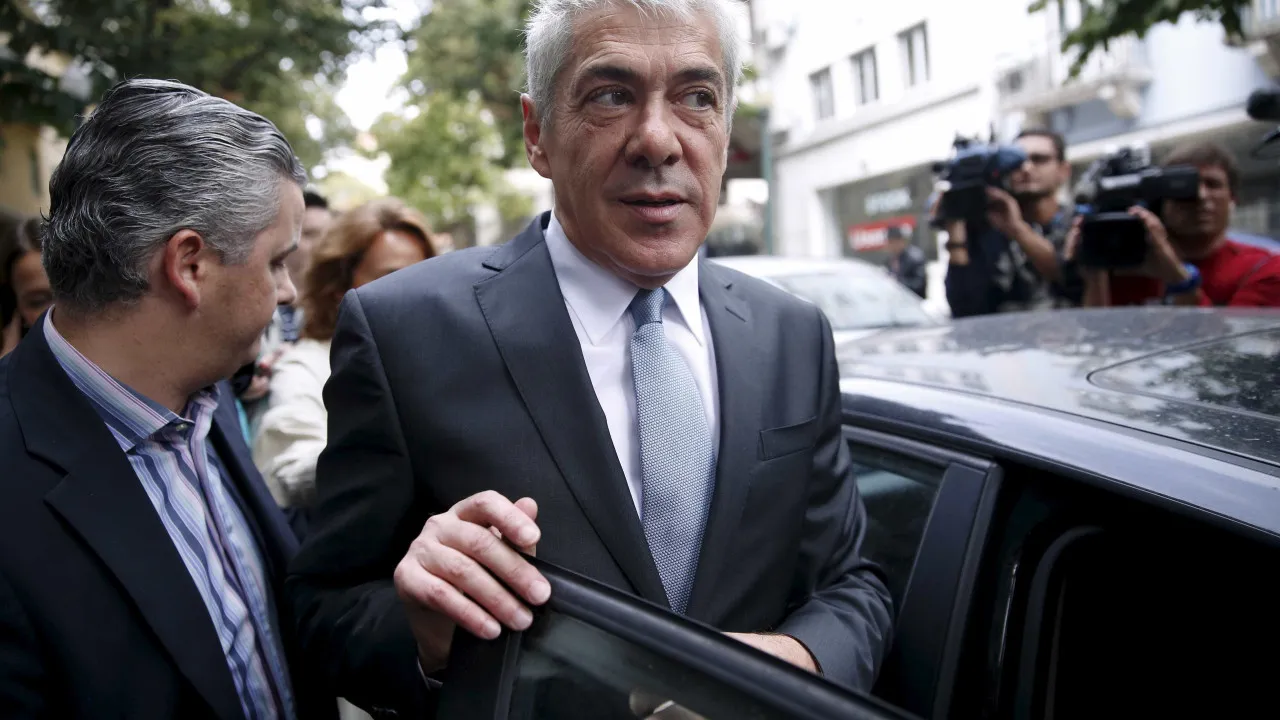
“The public prosecutor declared that ‘we need to give engineer Sócrates the opportunity to prove his innocence’. Now, he claims he didn’t say that: ‘I didn’t say that engineer José Sócrates had to prove anything’. The first statement is irresponsible; the second is dishonest,” stated José Sócrates today in a declaration sent to Lusa.
In a brief reaction to today’s explanations by the Attorney General, Sócrates further advised Amadeu Guerra: “When one finds themselves in a hole, it’s best not to keep digging.”
The Attorney General stated today that his remarks were misinterpreted, emphasizing that he never said José Sócrates had to prove his innocence but rather that the trial is the appropriate venue for proving innocence.
“I did not say that engineer José Sócrates had to prove anything, nor did he have to prove his innocence. I said there would be an opportunity at trial to present evidence of innocence. That’s all. For innocence to be proven, he will do so if he wishes. If the facts cited by the Public Prosecutor are not proven, nothing more is needed,” explained Amadeu Guerra concerning his comments made to the newspaper Observador a week ago.
The Attorney General made these remarks to journalists at the Almada Court during a working visit to the Lisbon District.
José Sócrates criticized Amadeu Guerra’s statements to Observador when it was suggested that Sócrates should be “given the opportunity to prove his innocence”, filing a request for the recusal of the Attorney General in the context of the Operação Marquês trial, which commenced on Thursday.
For the former prime minister, Amadeu Guerra places the burden of proof on the citizen, who has to prove their innocence, rather than the state proving guilt.
Eleven years after José Sócrates’ arrest at Lisbon airport, the Operação Marquês trial began on Thursday, bringing the former prime minister and more than 20 defendants to court, with over 650 witnesses involved.
The case concerns 117 crimes, including corruption, money laundering, and tax fraud, for which the 21 defendants will be tried. Initially, 53 sessions are scheduled to take place this year, with further dates to be set in the future. During this trial, 225 witnesses summoned by the Public Prosecutor will be heard, along with about 20 witnesses called by the defense of each of the 21 defendants.

